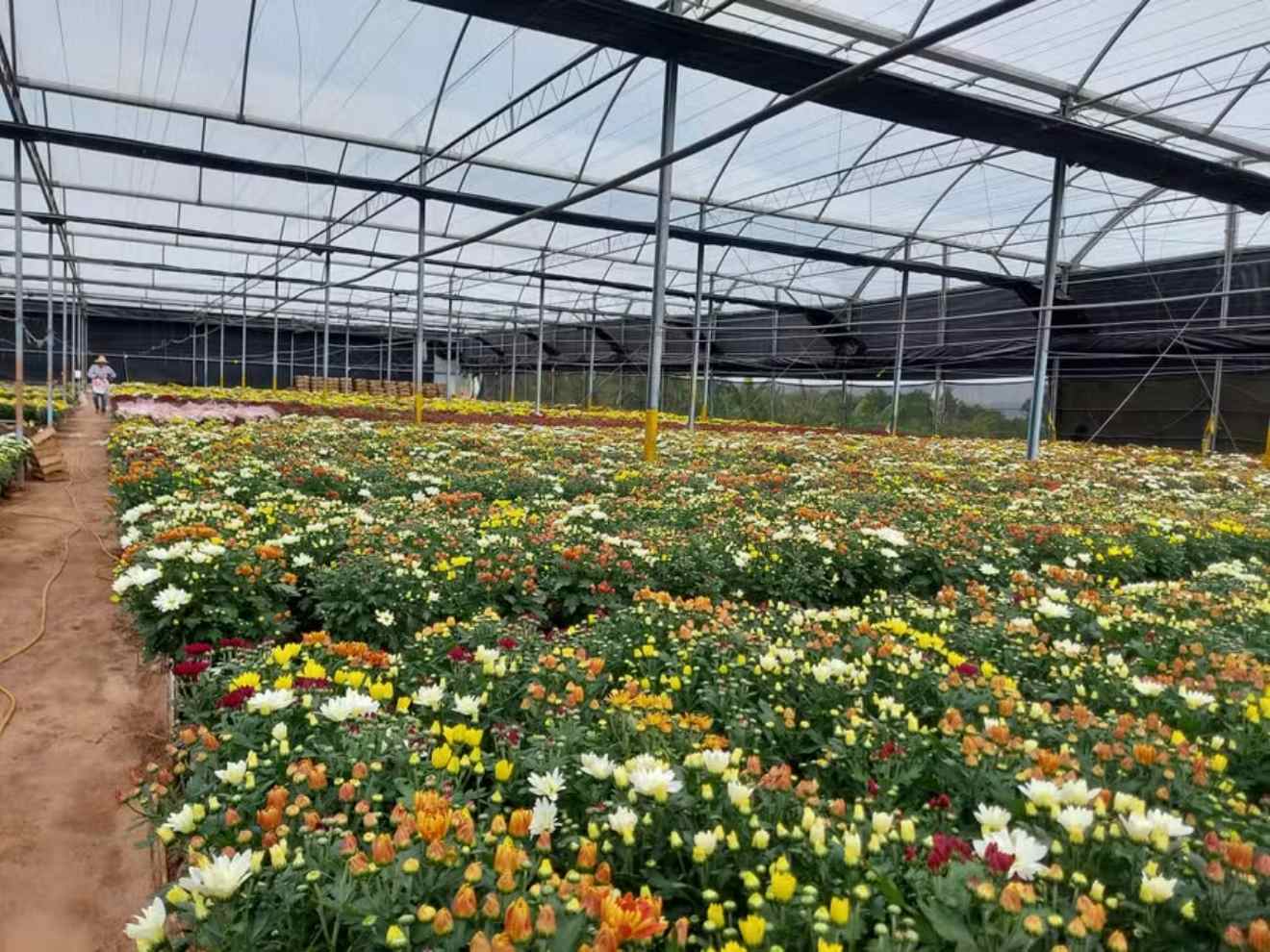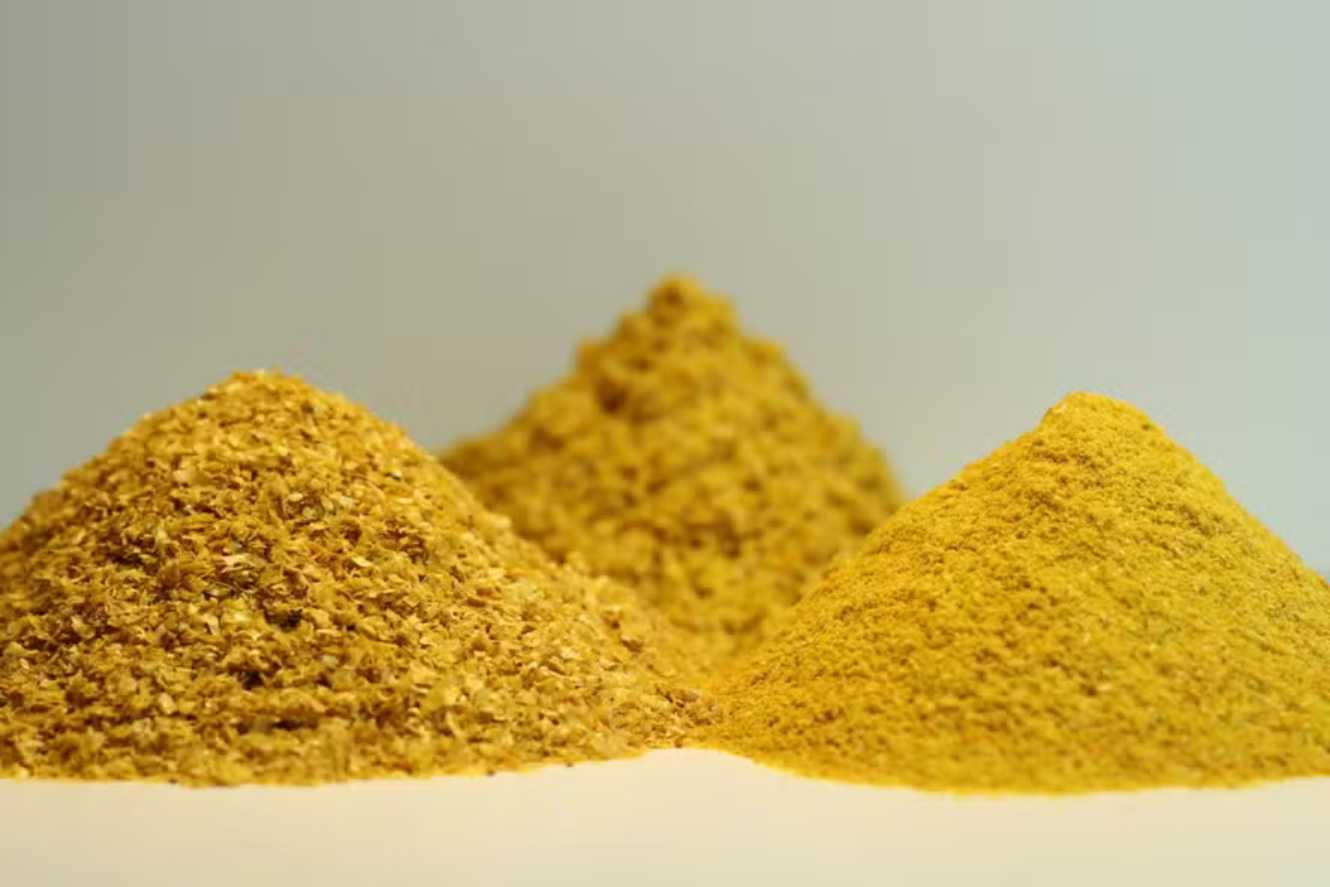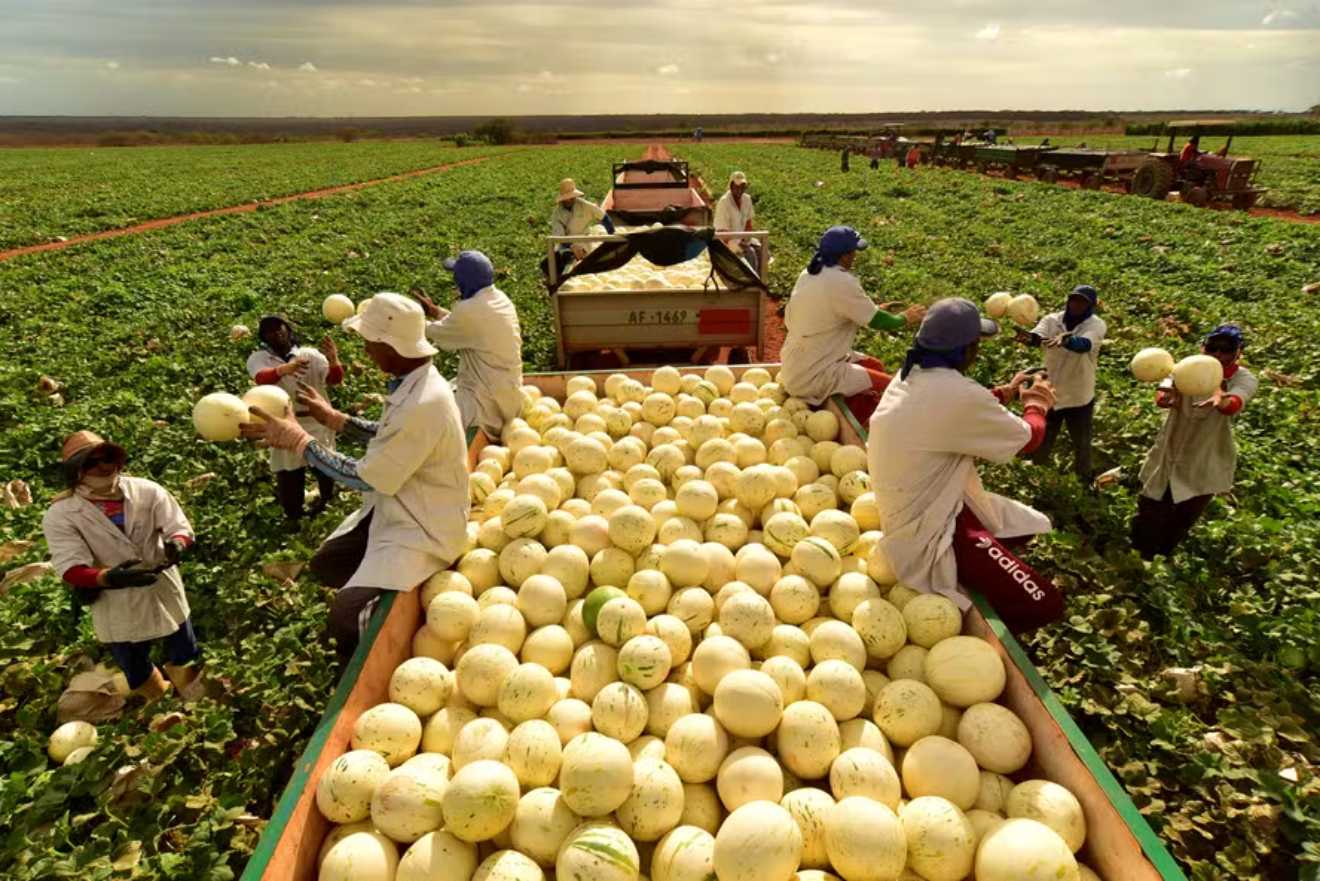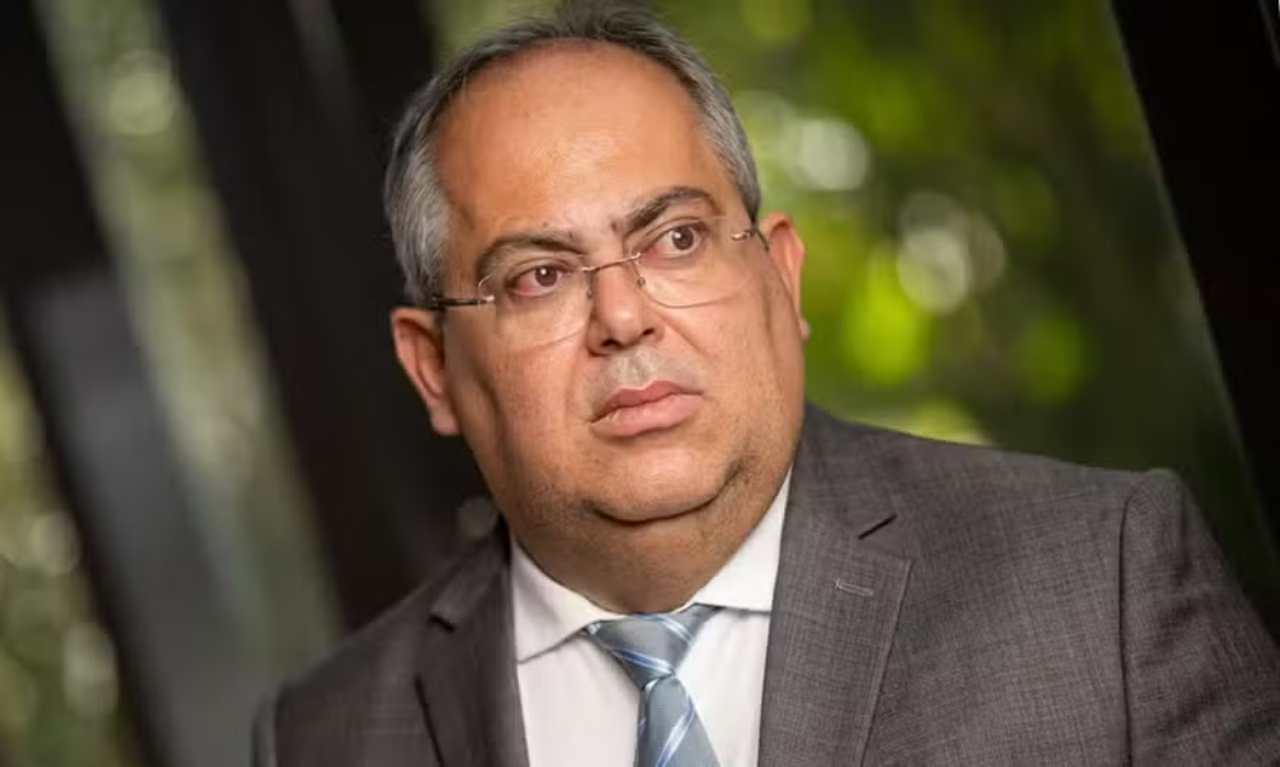Consumer demand for landscaping and self-service plants continues to grow, reflecting a 67% increase in Brazil’s floral market GDP, reaching R$ 19.9 billion between 2020 and 2023, as reported by the Brazilian Institute of Floriculture (Ibraflor). São Paulo leads with 40% of the total market value, driven by the city of Holambra, a central hub for flower commerce attracting producers nationwide.
Located 120 kilometers from São Paulo, Holambra is recognized as Brazil’s floral capital, with approximately 70% of plants for landscaping sold through Ceaflor, a wholesale market with 946 boxes. “Producers from states across Brazil are drawn to Holambra because it provides a platform to connect with major garden centers, supermarkets, and décor companies,” notes Antonio Carlos Rodrigues, CEO of Ceaflor.
Expanding National Reach
Bruno Black de Motta Ferreira from Atmosphera Plantas e Paisagismo, based in Pernambuco, transports landscaping plants to Holambra weekly. “We began selling in Holambra nearly a year ago, which expanded our access to self-service sales points and new markets across Brazil,” Ferreira explains. To offset transportation costs, he takes advantage of return trips to purchase supplies from the Southeast, where prices are generally lower than in the Northeast.
Atmosphera operates on 60 hectares of cultivated land and an additional 20 hectares reserved for environmental preservation, focusing on coastal climate-adapted plants. “There’s a vast coastline in Brazil, and we aim to provide plants suited to this environment,” adds Ferreira.
Holambra as a Strategic Business Move
For Eduardo Metx Castan of Boa Vista Plantas Ornamentais in Joinville (SC), opening a location in Holambra has been a game-changer, boosting total sales by 40-50% since 2020. Boa Vista now operates four boxes in Ceaflor and stays competitive by tracking landscaping trends through research and international visits. “Our recent trip to Costa Rica allowed us to bring back innovative landscaping techniques and unique plant varieties to attract new customers,” Castan shares.
Boa Vista combines its expertise with influences from Holland and the U.S., aligning with trends such as the “Urban Jungle” style, which emphasizes lush green foliage for indoor spaces. “We stay connected to consumer preferences, aiming to provide the ideal plants for diverse environments,” Castan says.





